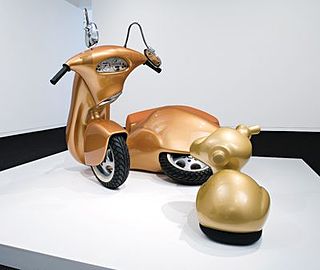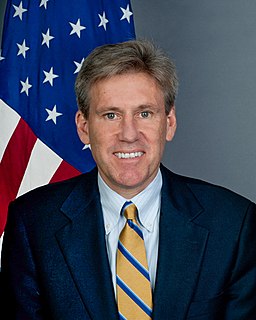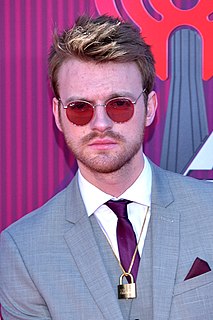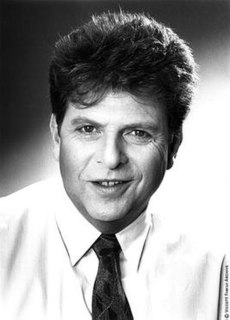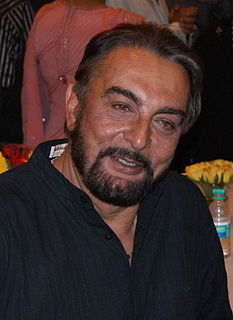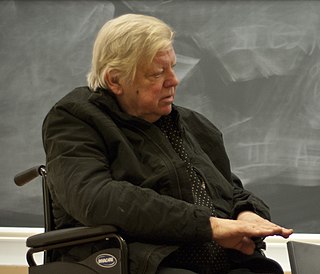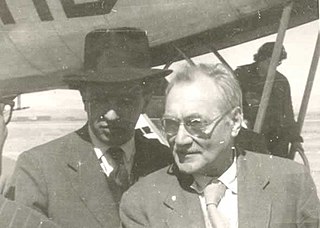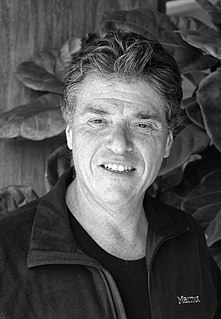A Quote by Deborah Eisenberg
Politics is a matter of human transaction. I consider absolutely everything political, because all fiction involves relationships between people, and relationships between people always include matters of power, of equity, of communication.
Related Quotes
The people who are rising, they're super ambitious. They have relationships with people above them. They have relationships, hierarchical, sort of people below them. A lot of people do not have relationships horizontally. And there's a lot of people who reach high political offices, but who are weirdly lonely, weirdly lacking in intimacy skills.
I am interested in the political economy of institutional power relationships in transition. The question is one of "reconstructive" communities as a cultural, as well as a political, fact: how geographic communities are structured to move in the direction of the next vision, along with the question of how a larger system - given the power and cultural relationships - can move toward managing the connections between the developing communities. There are many, many hard questions here - including, obviously, ones related to ecological sustainability and climate change.

